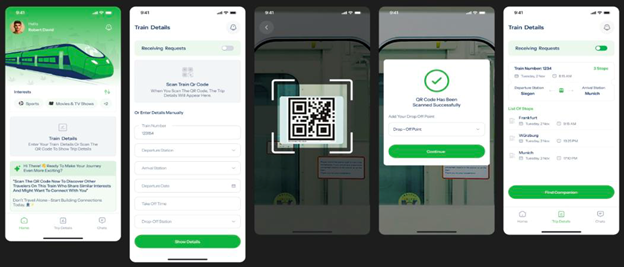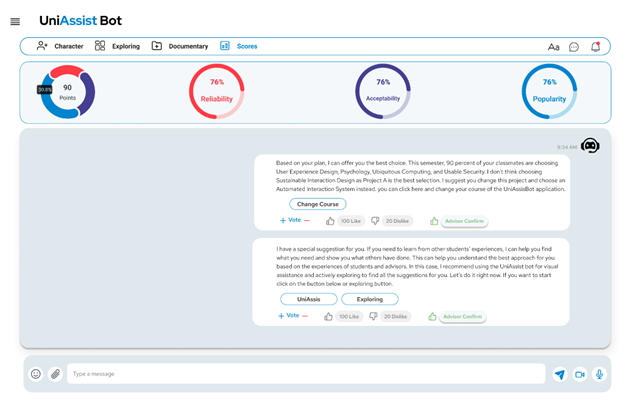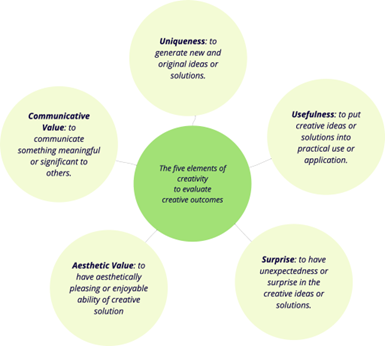THESIS PROJECTS
Master Thesis

Enhancing Train Travel Experience through AI-Driven Passenger Connectivity (A Sustainable Transportation Initiative)
Hashem Almatalka
February 2025
The growing demand for sustainable transportation calls for innovative ways to improve the passenger experience during train travel. While AI has been widely used to boost operational efficiency – such as maintenance, real-time monitoring, and scheduling – its role in fostering passenger engagement is less explored.
Using Self-Determination Theory (SDT; Deci & Ryan, 2013) to understand passengers’ needs and motivation, we developed Talk Track, an AI-driven application that connects passengers with shared interests, encouraging meaningful conversations and social interaction during train journeys. The results show that passengers responded positively to Talk Track, reporting increased social interaction, engagement, motivation, and overall satisfaction with their travel experience.

Talkpos: Voice Assistant Moderator to Promote Positive Conversations With People With Mild Cognitive Impairment and Early-Stage Dementia
Yada Wisatekaew
January 2025
Talkpos is a fictional AI voice-based assistant designed to mediate conversations between people with mild cognitive impairment (PwMCI), people with early-stage dementia (PwD), their caregivers, and family members.
The purpose is to minimize conflict between each other and reinforce positive conversations so that their relationship can be preserved. We explored various strategies that Talkpos performs in specific scenarios and collected feedback from family members, caregivers, and PwMCI. While Talkpos can serve supportive roles for caregivers and companionship roles for PwMCI/PwD, there are several potential drawbacks that raise concerns about the ethical implications of the technology, which may bring humans away from one another even more.

An AI-Driven System for Supporting Students and Administrative Personnel at Universities
Omid Veisi
July 2024
Nowadays, the use of AI as an administrative advisor focuses mostly on technological elements, sometimes neglecting psychological human needs. This thesis examines the psychological aspects
that impact the interaction between humans and artificial intelligence and the resulting implications for creating a more adaptable system in university administrative settings.
Using a mixed-methods approach including interviews and surveys, the study emphasizes crucial psychological needs that significantly influence both user satisfaction and system interaction. The findings indicate that improving the success of AI-driven administrative systems requires addressing key elements such as autonomy, stimulation, security, and trust and acceptance. Conversely, some human needs such as popularity, relatedness, and competence from the user’s perspective negatively impact user interaction and communication when using AI systems.
This thesis contributes to the field of human-AI communication by identifying unique psychological requirements for AI system design, particularly in the context of university administration advisors. The objective of this study is to guide the creation of AI tools that better meet the psychological needs of humans, thereby enhancing user acceptability and system adoption.

Creative Synergy: A Study on the Impacts of AI Collaboration on Meaningfulness of Work in Creative Works
Shikha Thakur
February 2024
As Artificial Intelligence (AI) increasingly enters workplaces, its impact on the meaningfulness of work – that sense of purpose and personal value derived from work – requires a more profound understanding. While AI’s growth is undeniable, its influence on the meaningfulness of work remains unclear. Despite the rapid development and widespread deployment of AI within organizations, there needs to be more focus on how individuals cultivate a meaningful work existence amidst these advancements. The emergence of robust AI systems illustrates the evolving roles and shifting values in the creative professions. The qualitative study integrates insights from the literature on meaningful work, creativity and the creative process, and human-AI collaboration to explore the nature of the collaborative landscape. The study involves three creative domains to understand the creative processes and gather insights on the impact of AI collaboration on their work and its sense of significance. Furthermore, the study addresses the complex connection between human creativity and AI, offering experiences into the subjective aspects that define the significance of work in the context of AI collaboration within creative professions. By examining the nuanced dynamics and potential challenges arising
from AI collaboration, the study contributes to the ongoing discourse on the changing dynamics between technology and creative professionals in the contemporary workplace.
Driving automation aims to enhance comfort, safety, and traffic flow by removing the human driver from the control loop. However, the human experience of commuting involves more than just reaching a destination or assuming the role of a driver. Factors like route selection, driving style, and courtesy towards fellow road users are integral to the driving experience but often overlooked in automated vehicle design.
This thesis explores the desires of passengers in highly automated cars to participate in vehicle control. A video vignette study (N=16) was initiated to understand users’ needs for cooperation. Consequently, a Human-Machine Interface for cooperative control was developed and evaluated in a VR simulation study (N=15). Results indicate that most participants expressed a desire for cooperative driving, albeit varying with the driving situation. Moreover, allowing cooperation improved passengers’ overall experience by satisfying psychological needs for autonomy, security, competence, and relatedness.
